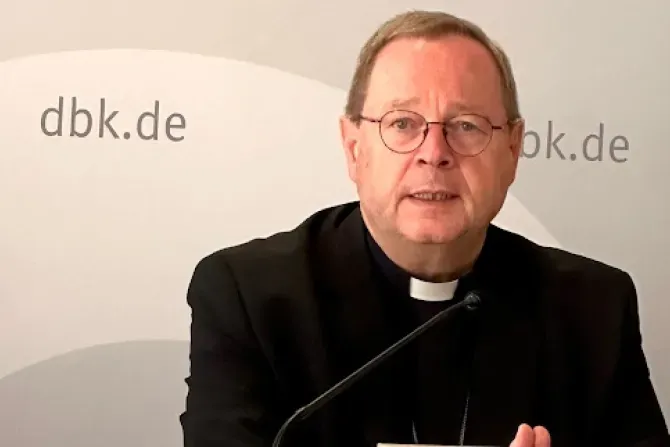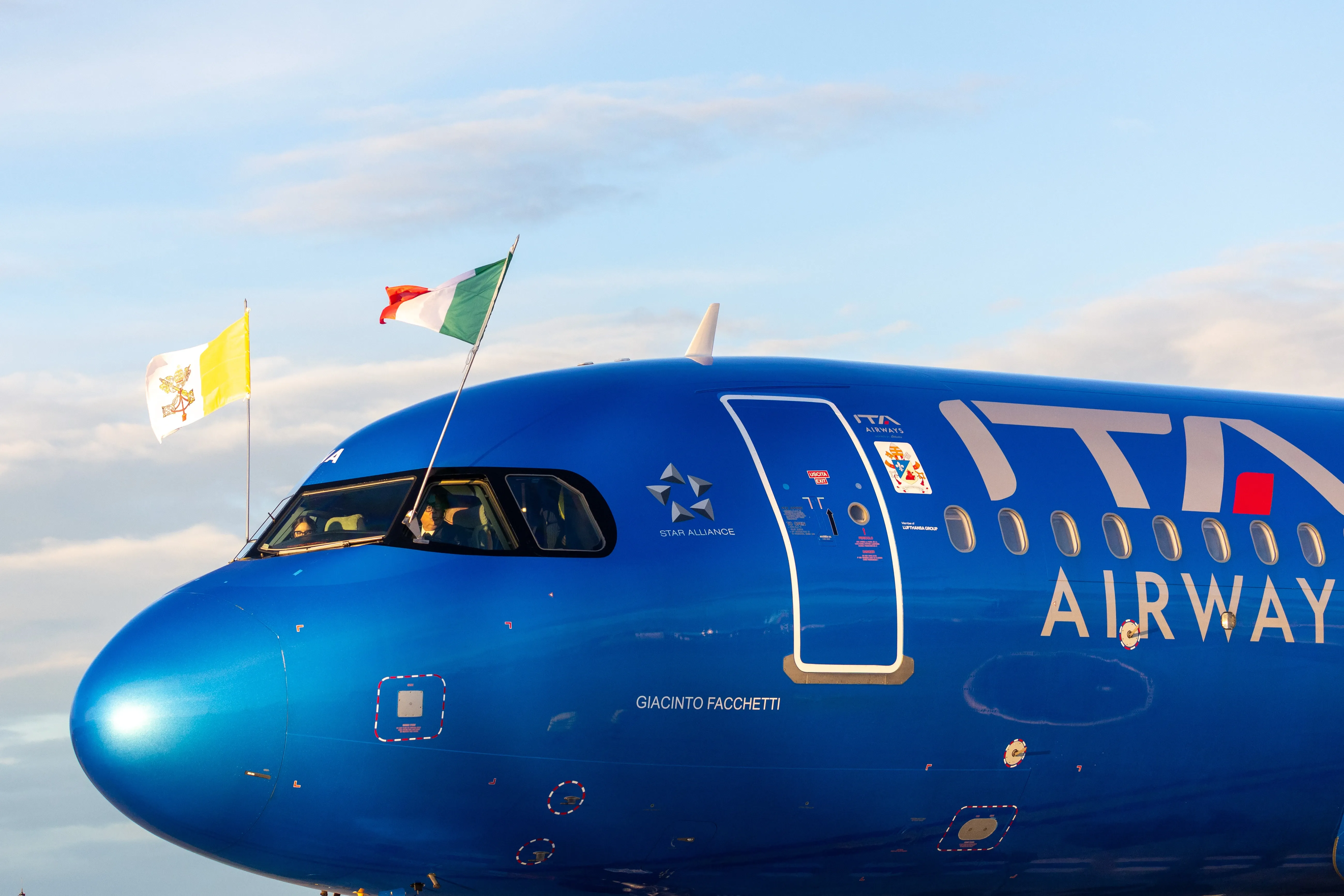Munich, 29 September, 2023 / 12:45 pm (ACI Africa).
As German bishops wrapped up their plenary meeting on Thursday with a final press conference amid tensions over same-sex blessings and a whole host of underlying issues, the focus was clear: All eyes were turned toward the fraught relationship with Rome and the forthcoming Synod on Synodality.
Bishop George Bätzing of Limburg, president of the German Bishops’ Conference, took public issue with the apostolic nuncio in Germany, Archbishop Nikola Eterović, for reminding the German bishops of statements by Pope Francis on anthropology, including gender ideology.
Citing Pope Francis, the papal ambassador had addressed the German prelates at their plenary assembly with a reminder it was “necessary to reject ideological colonization, including gender ideology” while emphasizing “that every person, regardless of sexual orientation, should be respected in their dignity and welcomed with respect.”
When asked by CNA Deutsch about this reminder, Bätzing on Sept. 28 accused the pope’s envoy to Germany of engaging in a culture war with terms such as “gender ideology” or “ideological colonization.”
“And when the Church engages in a culture war, it will always lose,” he said.








